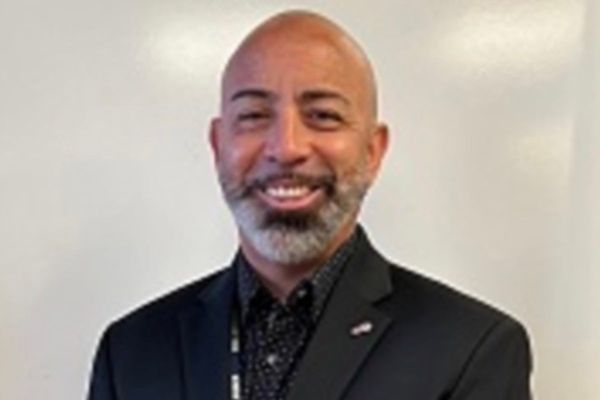Most federal lobbyists complied with public disclosure requirements, although some K Street denizens omitted required details of campaign donations and past government jobs from their filings in 2021, a recent Government Accountability Office report found.
And the law enforcement agency responsible for policing violations has closed only about one-quarter of the cases it receives through referrals, the GAO found.
More than 90 percent of lobbyists provided documentation to back up their publicly reported income and expenses, the GAO concluded after conducting routine audits of registered lobbyists to assess compliance with the Lobbying Disclosure Act, or LDA.
Still, the agency found that some 35 percent of reports may have omitted previous government employment, which lobbyists are required to list. And about 7 percent missed some campaign contributions that lobbyists are required to report.
“I think the main takeaway from this latest report from GAO is that awareness of and compliance with the LDA continues to be very strong,” said William H. Minor, a partner at DLA Piper who specializes in lobbying compliance matters. “However, registrants and lobbyists do struggle with some of the details.”
Minor noted that for 2 of every 10 reports, the income or expense estimates don’t match up with records or are not reported properly. “More than 30 percent of registrants didn’t have full documentation for all lobbyists listed. And for 35 percent of lobbyists, the reports may not properly disclose all former covered federal positions, as is required,” he said. “So the GAO report is also a reminder to take a look at and improve, if necessary, a registrant’s LDA compliance procedures.”
Unresolved violations
Craig Holman, a lobbyist with the watchdog group Public Citizen, said that despite the generally high compliance rates for more than 90 percent of lobbyists, he was troubled by the number of cases involving potential violations, referred to the U.S. Attorney’s Office for the District of Columbia, that have not been resolved.
“What is disconcerting is every year there are a number of noncompliance cases that get referred to the U.S. attorney’s office, and very little action is being done to get compliance out of those cases,” Holman said.
The GAO found that about 72 percent of the 3,473 cases that had been referred to the U.S. attorney’s office over the past decade were “pending further action because USAO could not locate the lobbyists, did not receive a response from the lobbyists after an enforcement action, or plans to conduct additional research to determine if it can locate the lobbyist.” About 28 percent of the total referrals received were deemed compliant as of Feb. 22, the GAO report stated.
“We’re talking about over a period of literally a decade, so that suggests negligence on the part of the U.S. attorney’s office,” Holman said, adding that it indicates lobbyists who don’t comply face little in the way of consequences.
A spokesperson for the U.S. attorney’s office said in an emailed statement: “The U.S. Attorney’s Office for the District of Columbia takes its enforcement role very seriously and continues to advance its efforts to resolve noncompliance by having lobbyists file their reports, terminate their registrations, or by pursuing civil and criminal penalties.”
Prior to the 2007 Honest Leadership and Open Government law, very few referrals were made, but that law set out a requirement for the GAO to conduct regular audits.
The GAO said it “reviewed available documentation and interviewed knowledgeable officials about the process of collecting, entering, and storing data and about mechanisms to ensure validity, reliability, and consistency of data. We found the data to be sufficiently reliable for our purposes,” according to the report.
Sarah Bryner, the director of research and strategy for OpenSecrets, which tracks lobbying and political-money data, said the GAO report was useful as far as tracking the required disclosures, which don’t cover the full scope of influence activities.
“What it ultimately is doing is checking to see whether people are compliant within the regulatory system, not whether they are really disclosing everything the public might think of as lobbying,” she said. For example, efforts to persuade Congress to act through grassroots lobbying are not covered by the existing disclosure law.
The post GAO: Most lobbyists follow disclosure rules, but some leave out details appeared first on Roll Call.







